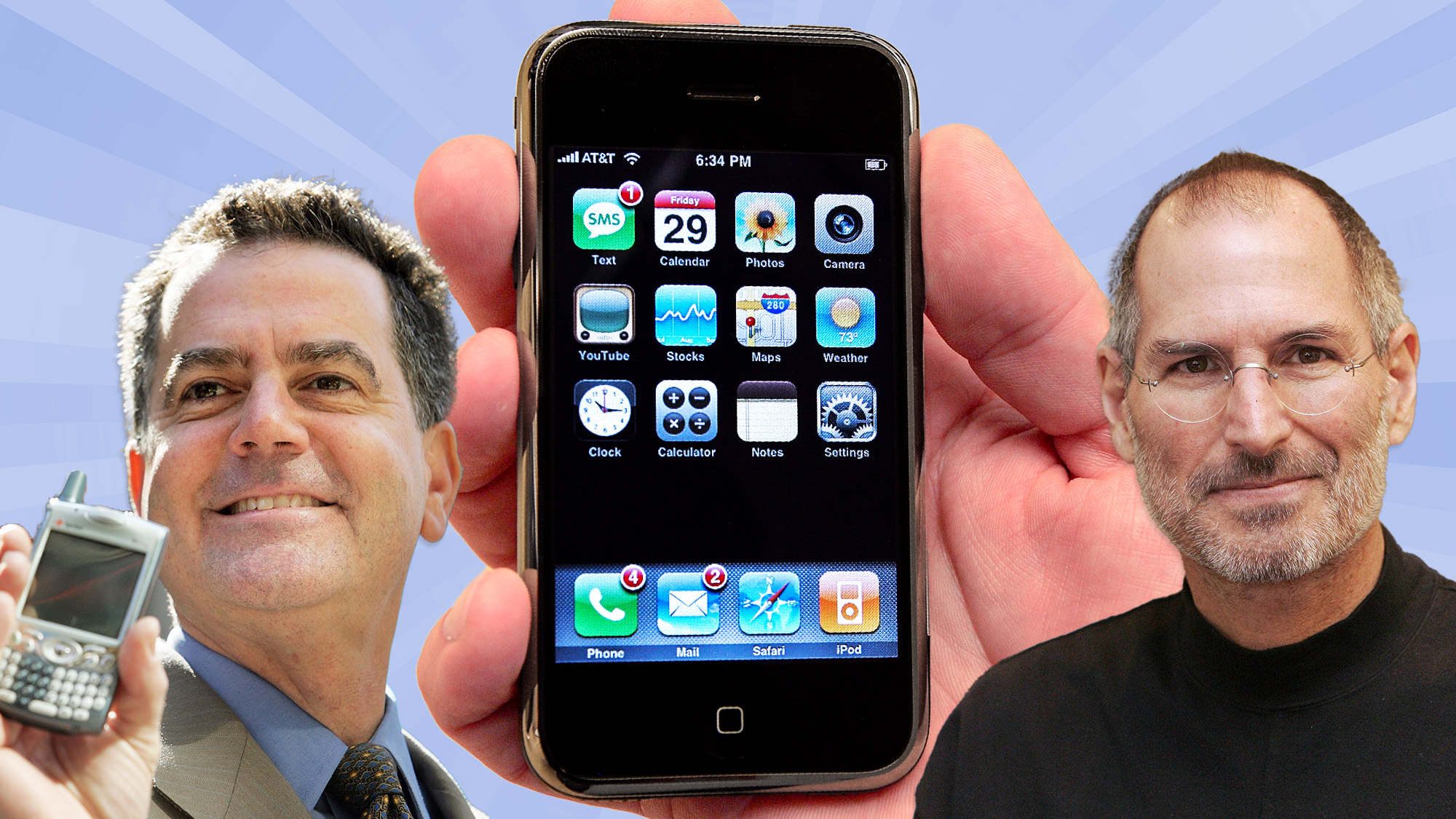Wellness
Explore Wellness
Latest about Wellness

Stop using stretches to increase mobility — try this 10-minute 'full-body reset' for functional strength and balance
By Sam Hopes published
If you're feeling tight and sore, your body might need a reset, and this 10-minute mobility routine can help.

I wear an Apple Watch every day, and this simple trick made my life a lot easier
By Jane McGuire published
Let’s go back to basics

Experts say getting at least 7 hours sleep a night can help you live longer — these gadgets, from $16 can help you hit that goal
By Ruth Jones published
Good sleep is the most important health hack but many of us are missing out on vital hours. Fall asleep fast and sleep through the night with the help of this expert-chosen sleep tech, from $16.

I can’t believe Columbia jackets are 50% off — 19 winter picks I’m shopping this week
By Olivia Halevy last updated
Columbia is hosting a huge sale with up to 50% off. Shop my favorite deals on fleeces, jackets, vests and more.

Running season is almost here: 15 Asics sneaker deals that runners swear by
By Olivia Halevy published
Some of Asics' best running shoes are on sale right now — check out the deals I recommend buying to help you reach your fitness goals.

Soft, stylish and sustainable: 9 organic mattress and bedding deals to give your bedroom a five-star hotel refresh and make you feel like you're on an eco-luxe vacation every day
By Frances Daniels published
Turn your bedroom into an eco-luxe hotel suite with these nine Presidents' Day sleep deals from Avocado, Naturepedic, PlushBeds, Birch, and more

I coach mobility classes for a living: I turn to these five moves again and again to build a resilient body in just 20 minutes
By Sam Hopes last updated
I coach mobility classes for a living, and I turn to these five moves again and again to build a resilient body.

I’ve been testing the Bob and Brad ThermoRed 3-in-1 Back Belt for a month — here are 3 things I like and 1 thing I don’t
By Ashley Thieme published
The Bob and Brad ThermoRed 3-in-1 Back Belt has become a staple in my post-workout routine. Here’s what I like and dislike about it.
Here at Tom’s Guide our expert editors are committed to bringing you the best news, reviews and guides to help you stay informed and ahead of the curve!
 Club Benefits
Club Benefits












